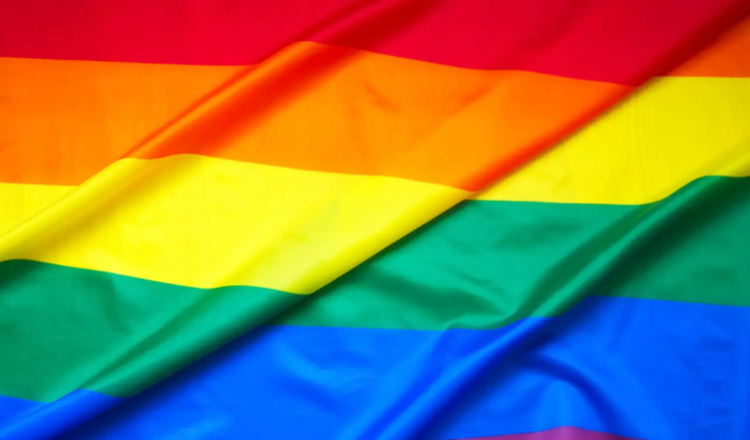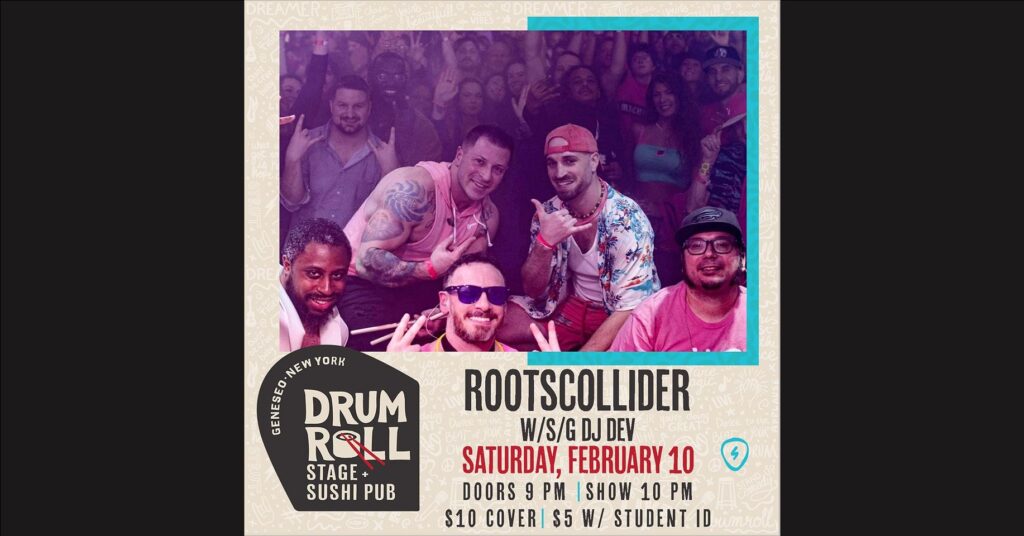Conflating sexual education with child trafficking and abuse
By Andrew Harris,
An in-depth letter to the editor arrived recently, by US mail. A large envelope full of documents, prefaced by a lengthy letter to the editor. The letter wasn’t signed, and I understand why.
The letter, and the supporting documents included, were provided by someone who pays close attention to two very serious issues: The debate over youth access to sexually explicit literature and child sex trafficking.
This person went to the trouble to printing out a letter and twenty pages of related documents to send in the US mail. Most of the letter was directed at me, but really to everyone.
Here is the summary of a two page letter:
“The problem that Andrew Harris seems dedicated to creating awareness of is child abuse and trafficking. At the same time, he publishes stories about public efforts to remove overtly sexual content from public schools and libraries with a bias that suggests that he approves of the “dissemination of pornographic material” to minors. If he is so against child abuse via pornography, why isn’t he sounding the alarm over books like “This Book is Gay?” The two issues are obviously related; allowing children access to sexually explicit material is harmful and against the law.”
The author cites, NYS Penal Law 235, which I must say has not been enforced in this context, because subsection 10 states:
“The provisions of this section shall not apply to public libraries or association libraries as defined in subdivision two of section two hundred fifty-three of the education law, or trustees or employees of such public libraries or association libraries when acting in the course and scope of their duties or employment.”
Locally, both the Almond and Cuba NY public libraries held public forums after requests to move certain books to a restricted section or remove them all together. On the whole, the public argued in favor of keeping the books in place and under the supervision of a qualified librarian.
Both meetings were productive, democratic, and conclusive. We reported on both and you will find links below for background reading at the conclusion of this column if you missed it. Each meeting had opposition who shared the sentiments of the mystery contribution that arrived in the mail.
Both the organizers of the protests against materials in the Cuba and Almond library and our mystery writer seemed totally fixated on ‘non-heterosexual’ material. Nearly all the materials cited in the letter I recently received, and the materials brought into question at the public libraries are LGTBQ related.
I can’t help but notice that the uncomfortable positions are almost always about LGTBQ materials? My assumption is those concerns are born from religious dogma, not pure bigotry.
No one has ever asked me to investigate the controversial books by Coleen Hoover, books that are very popular with young teens. I haven’t read these romance novels targeted toward young women but I hear they are full of graphic content and adult language. When we asked the Cuba NY Librarian Tina Dalton if the library had received any backlash about those books, Dalton precisely explained, “No.”
Isn’t that queer ?
Librarians like Dalton, who has a masters degree in library science, want the public to understand that the “how and why” of placing books in a library is anything but arbitrary. Librarians carefully consider all the books they offer and use peer review systems to discuss and further analyze placements for public consumption. Book publishers also provide warnings and recommendations about which audience is appropriate. Librarians are keenly aware of the books the offer minors as a matter of professional duty, certainly not trying to flaunt Article 235 or push any agenda upon the public.
The American Library Association provides governance to almost all public libraries in the United States and provides policy guidance on the subject:
“ALA affirms the right of youth to comprehensive, sex-related education, materials, programs, and referral services of the highest quality; affirms the active role of librarians in providing such; and urges librarians and library educators to reexamine existing policies and practices and assume a leadership role in seeing that information is available for children and adolescents, parents, and youth-serving professionals.”
Our literature and collective education have begun to reflect that new reality and a certain level of push-back is to be expected, and appreciated. Just like it is okay to be fully accepting of literature that educates about gay sex, it is okay to disagree with it. Public libraries like Cuba, Wellsville, Almond, or Belmont are willing to be challenged and deal with challenges in an open forum.
The overriding goal is to provide the community with good information, in both quality and quantity. A large portion of our population are either part of the LGTBQ community, or are seeking information on the subject. Shouldn’t our libraries have the best information available to those who seek to learn more?
Back to the mystery care package that attempted to link child trafficking and the proliferation of child pornography to the materials provided in public libraries. I don’t see the link between disturbed adults (largely middle age men,) targeting children for sexual gratification, and the sexual content provided at the public library. The Human Trafficking 101 Information Sheet(provided below,) doesn’t mention any correlation between information you find in libraries and making one a victim of trafficking. It does, however, mention limiting access to information in general, is one trademark of a trafficker.
How adults become so corrupt that they will buy, sell, trade, kidnap, abuse, drug, and even murder children for sexual purposes is unknown. We know that this isn’t a new social cancer, and we know the rise of the internet age has allowed it to metastasize. No data, no peer-reviewed theory that I know of provides any link between LGTBQ materials in libraries and child trafficking.
According to the US Department of Justice, “The average age of the traffickers in federal prosecutions was 28.5 years old. Roughly three-quarters of them were male.” Read full document here.
Contending that peer-reviewed books in public libraries with sexual content is directly correlated to the rise in child trafficking seems like propoganda.
I have a feeling it has more to do with institutional societal issues like sexism, misogyny, racism, and religious extremism.
After talking with several local librarians, everyone concerned about materials on the shelf should take some comfort that the libraries encourage your participation in the process. They are ready to discuss any concerns about materials they carefully curate and provide. Our libraries and schools also have systems in place to allow for book challenges to allow the public a voice.

For those who agree with the sender of the recent mystery mail, I would encourage a pause to consider that what was considered inappropriate in 1995, is now out in the open. The decades of marginalizing the LBGTQ community by restricting public access to books like, “This Book if Gay,” are coming to an end. Let’s not go back to the dark ages, embrace the rainbow!!







